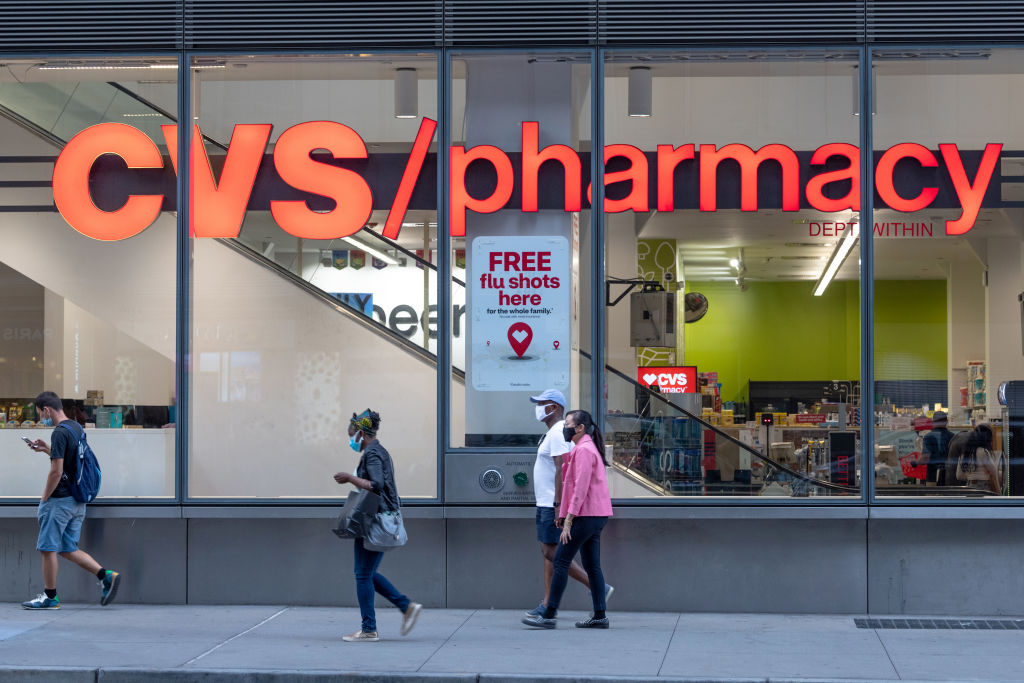
CVS Health expects to administer fewer vaccines than it originally expected this year, though more people are actively seeking out a first dose as Covid-19 cases climb again.
After seeing vaccination rates peak in April and decline in May and June, the company lowered its guidance for how many vaccines it expects to administer in 2021. It now expects to dole out a total of 32 million to 36 million vaccines, just a little bit more than the 30 million it has already administered. Those numbers assume a limited number of pediatric vaccines, but no booster shots, CFO Shawn Guertin said in a Wednesday earnings call.
In another signal that the pandemic still is not over, CVS also expects to see higher Covid-19 costs continue into the second half of the year for its insurance business.
“Overall, we believe the combined impact of a reduced outlook for vaccines in retail and a slightly higher (medical benefit ratio) in healthcare benefits now make the pandemic a modest negative for 2021,” Guertin said.
Still, there are some signs that more people might be lining up to get vaccinated. Guertin said he had seen a “reacceleration” in first doses with the recent rise in Covid-19 cases.
Meanwhile, Walgreens told investors last month that it had administered a total of 28 million doses this year, including 17 million in the most recent quarter.

A Deep-dive Into Specialty Pharma
A specialty drug is a class of prescription medications used to treat complex, chronic or rare medical conditions. Although this classification was originally intended to define the treatment of rare, also termed “orphan” diseases, affecting fewer than 200,000 people in the US, more recently, specialty drugs have emerged as the cornerstone of treatment for chronic and complex diseases such as cancer, autoimmune conditions, diabetes, hepatitis C, and HIV/AIDS.
“I think the key thing many market participants will struggle with as they look into next year is what will be the continuation of vaccinations into next year, because you’ve got 28 million vaccinations in your base here,” CFO James Kehoe said in a July 1 earnings call. “Will there be booster vaccinations, when will pediatrics come on? There are as many questions as there are answers.”
Both companies, which saw a slowing of prescriptions and sales last year, have seen a boost recently as more people go into stores or return to doctor’s appointments. CVS said it saw sales increase 13% compared to last year, and pharmacy scripts were up 14%.
Overall, both CVS and Walgreens saw revenue increase during the most recent quarter. CVS brought in $72.6 billion during the second quarter, up 11% from last year. Walgreens reported $34 billion in revenue, up 12%.
Photo credit: Alexi Rosenfeld, Getty Images












